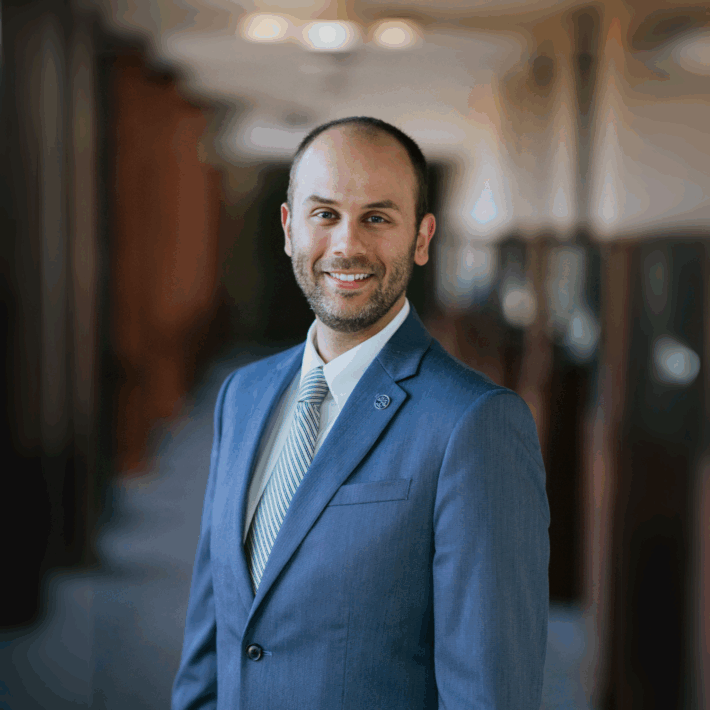
Samuel Stephens
Assistant Professor of Biblical Counseling, Instructional Faculty
At a Glance
Biography
Dr. Stephens serves as Assistant Professor of Biblical Counseling at Midwestern Baptist Theological Seminary in addition to his role as Director of Membership and Certification for the Association of Certified Biblical Counselors (ACBC). He earned both his Ph.D. in Biblical Counseling (2018) and M.A. in Christian Education (2014) from Southwestern Baptist Theological Seminary in Fort Worth, TX where he served on administrative staff. He also holds a Bachelor of Arts in English from the University of Tennessee at Martin (2009).
Over the past 10 years, Dr. Stephens has served in churches and para-church ministries relating to counseling, education, and discipleship ministries. He is a guest and contributor for the Truth in Love podcast and is the author of The Psychological Anthropology of Wayne Edward Oates (2020), A Call to Counsel and Care (2021), and The Deception of Psychological Labels (2021). He is currently an elder of Liberty Baptist Church in Liberty, MO.
Education
B.A. English – University of Tennessee at Martin
M.A. Christian Education – Southwestern Baptist Theological Seminary
Ph.D. Biblical Counseling – Southwestern Baptist Theological Seminary
Faculty Q&A
Biblical counseling is rooted in the idea that counseling is Christian ministry. As such, the church should be viewed as the context for how the care of souls is conducted. Both biblical theology and a solid ecclesiology provide the form and substance of biblical counseling theory and practice.
Teaching provides me the opportunity to reacquaint the next generation of pastors to the idea that all Christians are counselors and that it is incumbent upon all believers to view the Scriptures as sufficient for the task of soul care.
There is a hunger for the Scriptures and a growing skepticism of pragmatic methods that gives me hope that future pastor and lay leaders in our churches will come to rely on the person and work of the Holy Spirit for the impact and effectiveness of their ministries.



